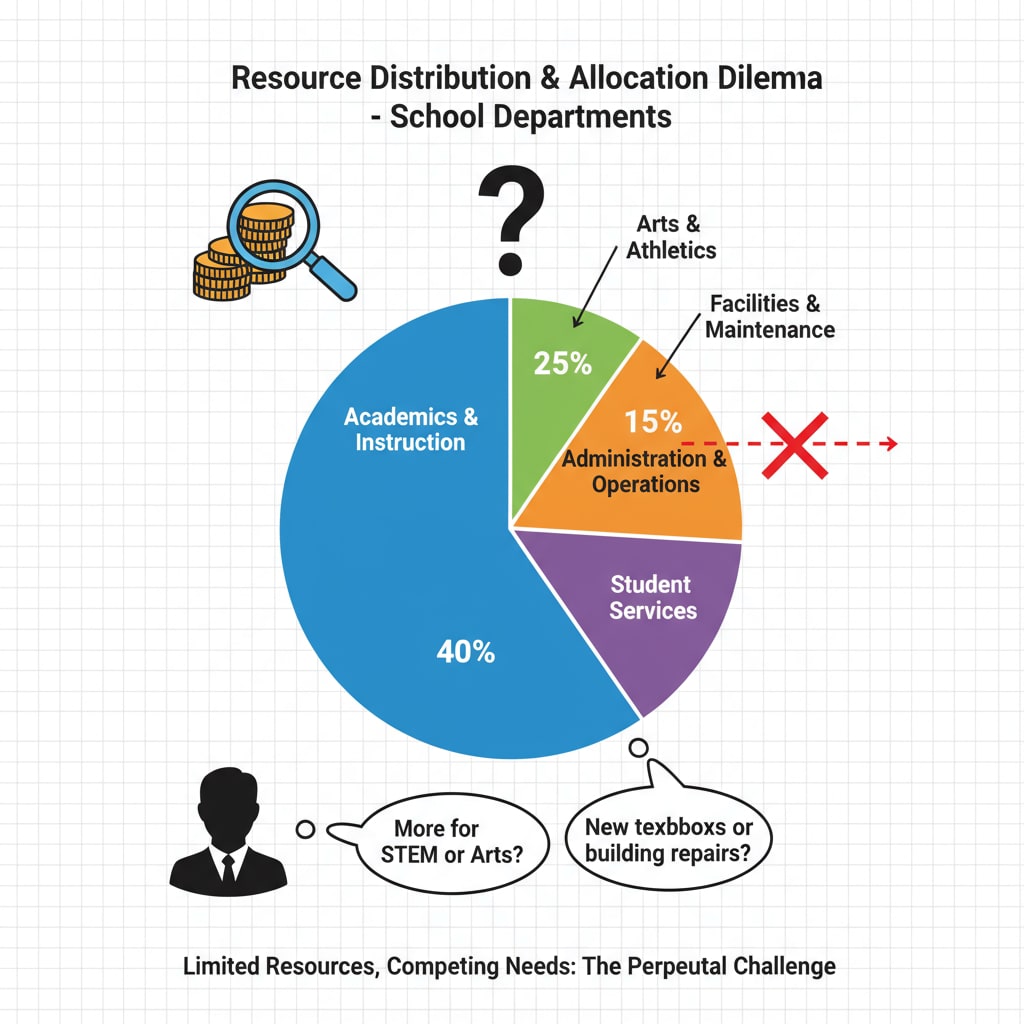In the realm of educational management, ethical dilemmas and leadership decisions are an inevitable part of a school administrator’s daily life. School managers often find themselves in complex situations where they must balance multiple interests and values. This article aims to explore the common ethical challenges faced by school administrators, analyze effective decision-making frameworks, and provide practical strategies to help educational leaders make ethical decisions while upholding educational equity and the school’s mission.

The Ethical Quandaries in Educational Management
One of the most prevalent ethical dilemmas in educational management is the conflict between the need to maintain high academic standards and the desire to ensure equal opportunities for all students. For example, when deciding on admissions policies, administrators may face the question of whether to prioritize academic achievements or give more weight to factors like socioeconomic background or diversity. This is a delicate balance, as both aspects are crucial for a well-rounded educational environment. Another common issue is the allocation of resources. Schools often have limited budgets, and administrators must decide how to distribute funds among different departments, programs, and student needs. This decision can have a significant impact on the quality of education each student receives. Educational management on Wikipedia

Effective Decision-Making Frameworks
To navigate these ethical dilemmas, school administrators can adopt several decision-making frameworks. One such framework is the utilitarian approach, which focuses on maximizing the overall good for the greatest number of people. In the context of education, this might mean making decisions that benefit the majority of students, such as investing in popular programs or improving facilities that are used by many. However, this approach also has its limitations, as it may overlook the needs of minority groups. Another framework is the deontological approach, which emphasizes following moral rules and principles. For instance, an administrator following this approach would ensure that all decisions are based on fairness, honesty, and respect for individual rights. Ethical theory on Britannica
Finally, the virtue ethics approach encourages administrators to develop and act on virtues such as wisdom, compassion, and integrity. By cultivating these virtues, administrators are more likely to make decisions that are not only ethical but also in line with the values of the school community.
Readability guidance: As we can see, different decision-making frameworks offer different perspectives. Administrators need to carefully consider which approach is most appropriate in each situation. By using these frameworks, they can make more informed and ethical leadership decisions.


